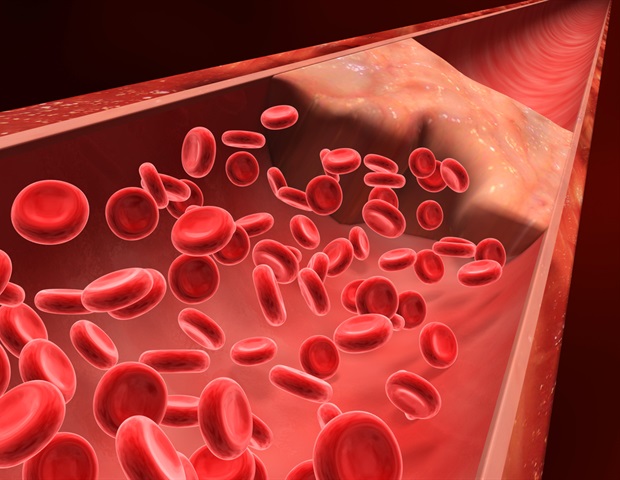Do You See A Hematologist For Blood Clots
It replaces blood youve lost in surgery an accident or an illness. In addition a hematologist can manage INR and medication such as warfarin as well as any underlying diseases of the blood.
 To Your Health Blood Clots Krcu
To Your Health Blood Clots Krcu
Your liver produces a protein called.
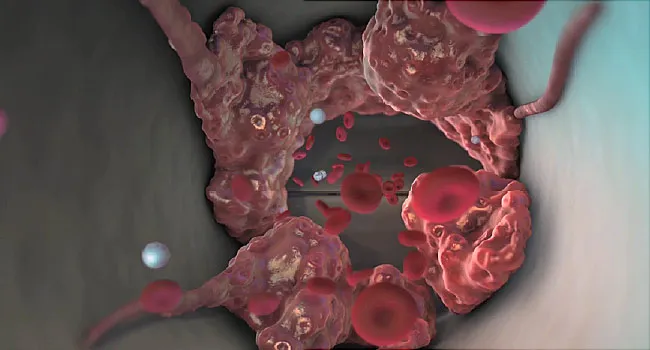
Do you see a hematologist for blood clots. A hematologist can test for clotting conditions that may have contributed to your clots. A number of inherited clotting disorders exist and a hematologist can clarify the diagnosis. Any person unsure of why he or she experienced a blood clot should consult a hematologist for further testing of genetic and autoimmune clotting disorders.
Essentially the opposite of hemophilia deep vein thrombosis is a condition that occurs when a blood cot will not go away. Also blood clots that form internally and can travel to the brain causing a stroke are life-threatening. Blood disease specialist or blood doctor.
Hematologists are a valuable resource to help you understand and manage your blood condition but first they must work with you to reach a diagnosis. If blood clots are diagnosed or you are considered to be at risk of forming blood clots drugs. Hematology is a branch of medicine that focuses on the blood.
A hematologist is also a great person to ask about any of your anticoagulation therapy concerns. Avoid sitting for long periods. After youve had surgery or been on bed rest the sooner you get up and move around the better.
People diagnosed with arterial disease who are at risk for developing a clot in their arteries may have several doctors involved in their care including a cardiologist a doctor who specializes in conditions of the heart a neurologist and possibly a hematologist. Click a myth below to see its corresponding fact. This is given by a specialist called a hematologist-oncologist.
It can even lead to a heart attack stroke or death. Overview A blood clot is a mass of thickened blood. What kinds of tests do hematologists do.
Diagnoses and treats acute and chronic diseases and conditions that affect the blood including problems with blood cell production blood clotting and cancer. A CBC counts your red and white blood cells hemoglobin a blood protein platelets tiny. This test measures how long it takes your blood to clot.
Dos and Donts of a Blood Clot Arms Legs When a blood clot forms in one of the deep veins in your arm or leg way beneath your skin s surface it could be something called a deep vein. Review with your primary care doctor and ask for a referral. If you travel by airplane walk the aisle periodically.
Complete blood count CBC. If you are diagnosed with a venous clot your doctor may refer you to a hematologist a doctor who specializes in treating blood diseases. In fact 274 people die every day from blood clots according to the National Blood Clot Alliance.
For long car trips stop and walk around frequently. A blood clot becomes harmful when it blocks an artery or vein and stops blood flow. Provides screening of blood disorders such as sickle cell anemia and hemophilia.
These tests may help you to discover why you have a pulmonary embolism and will help you to determine the length of time that you will remain on warfarin. To reduce your risk of developing blood clots try these tips. American Society of Hematology.
Clotting is a mechanism used by the body to stop bleeding. A family history of blood clots or an inherited blood-clotting disorder such as one that makes your blood clot more easily can put you at risk for developing blood clots. Deep Vein Thrombosis DVTPulmonary Embolism PE - Blood Clot Forming in a Vein.
Physicians in the Benign Hematology Program treat blood clots and help patients understand their risk for future clotting. A hematologist may also be known by the following names. They determine the causes of existing clots and evaluate patients for inherited or acquired thrombophilia.
If your primary care physician has referred you to a hematologist he or she likely thinks you may have a blood disorder. Here learn what tests a hematologist may perform and how their work relates to oncology. A hematologist will suggest how to treat hemophilia but there are hormones and clotting medications that can make the condition manageable.
A blood clot can be a serious medical problem. If you have been referred to a hematologist it is either because a blood abnormality is at the center of your condition or a medical procedure such as a stem cell transplant would benefit from specialist oversight. Centers for Disease Control and Prevention CDC.
Drink plenty of fluids when traveling.
 Pharmacology And Toxicology Anticoagulants Medical Library Coagulation Cascade Anatomy And Physiology Physiology
Pharmacology And Toxicology Anticoagulants Medical Library Coagulation Cascade Anatomy And Physiology Physiology
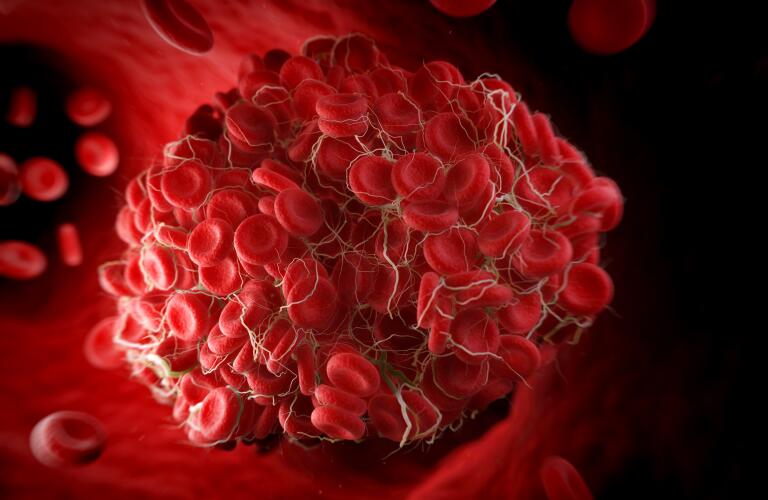 Types Of Blood Clots And What They Mean
Types Of Blood Clots And What They Mean
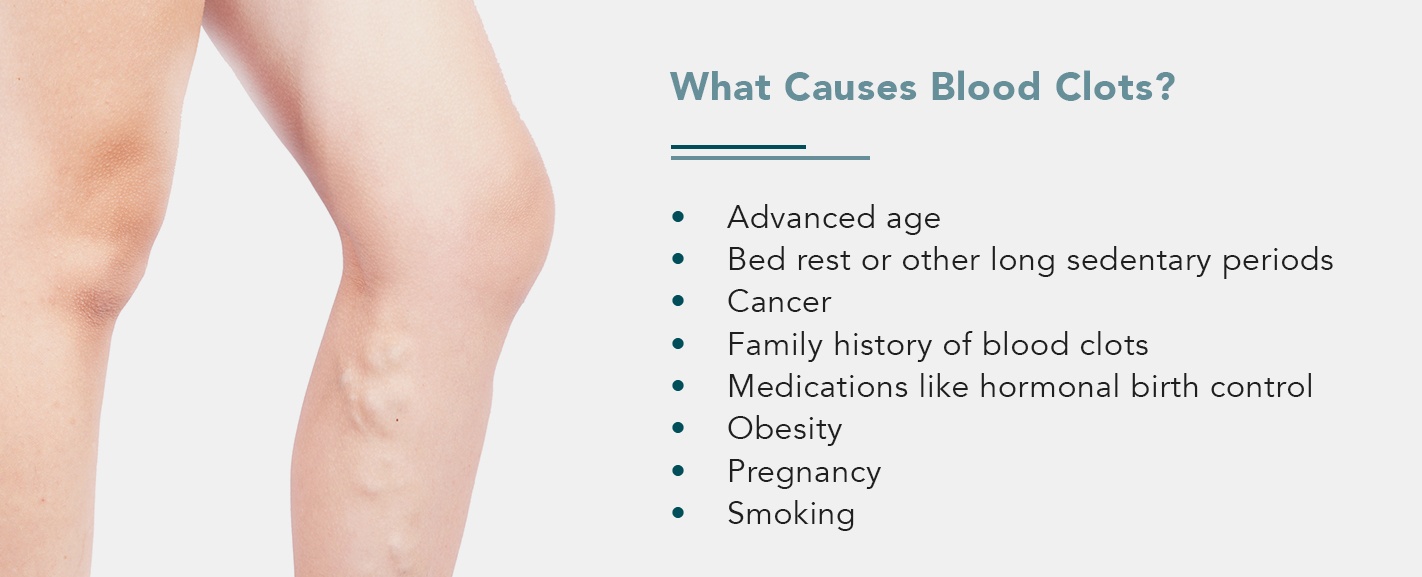 Using Ct Scans For Finding Blood Clots Envision Radiology
Using Ct Scans For Finding Blood Clots Envision Radiology
 Treating Blood Clots Requires Fast Action Mended Hearts
Treating Blood Clots Requires Fast Action Mended Hearts
 Signs And Symptoms Of A Blood Clot Health Beat
Signs And Symptoms Of A Blood Clot Health Beat
 Pulmonary Embolism Cfch Centre For Clinical Haematology
Pulmonary Embolism Cfch Centre For Clinical Haematology
 Blood Clot In Arm Symptoms Treatment Home Remedies Exercises
Blood Clot In Arm Symptoms Treatment Home Remedies Exercises
 Signs And Symptoms Of Blood Clots Elite Medical Center
Signs And Symptoms Of Blood Clots Elite Medical Center
 Blood Clots 4 Signs You Could Have One
Blood Clots 4 Signs You Could Have One
 Pin On Blood Clot Awareness Month
Pin On Blood Clot Awareness Month
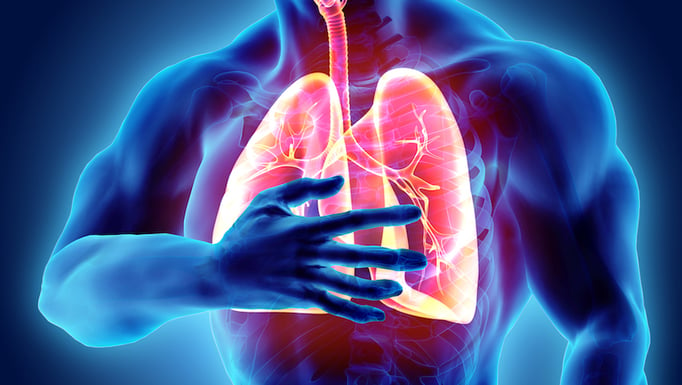 Difficulty Breathing It May Be Due To A Pulmonary Embolism Uchicago Medicine
Difficulty Breathing It May Be Due To A Pulmonary Embolism Uchicago Medicine
 Preventing And Recognizing Blood Clots
Preventing And Recognizing Blood Clots
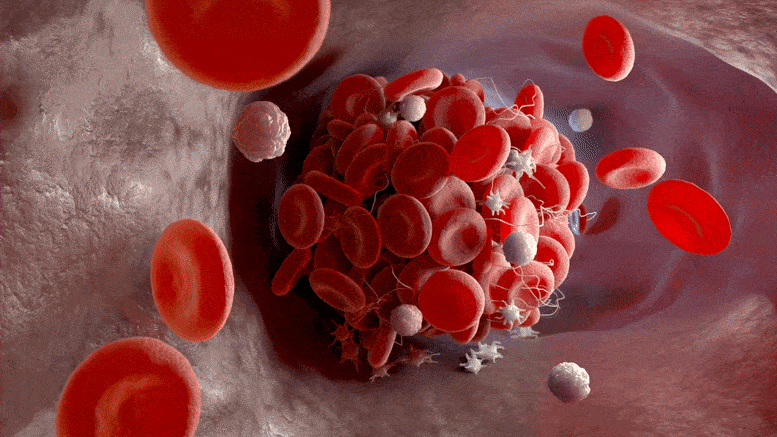 Doctor S Warn Covid 19 May Cause Deadly Blood Clots Higher Risk For Some Women
Doctor S Warn Covid 19 May Cause Deadly Blood Clots Higher Risk For Some Women
 Hemophilia Ask Hematologist Understand Hematology Hemophilia Prothrombin Time Hematologist
Hemophilia Ask Hematologist Understand Hematology Hemophilia Prothrombin Time Hematologist


